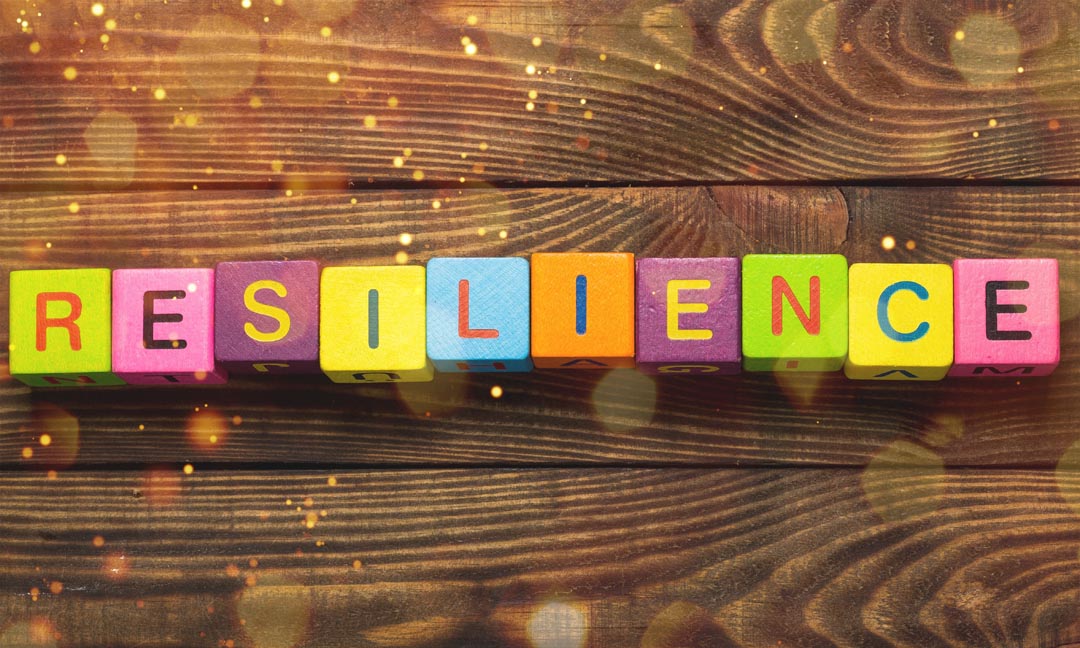Greater challenge and criticism in organisations can be beneficial, but Arran Heal urges caution
More CEOs are promoting the idea of ‘healthy conflict’. Not only the pandemic but recent memory of global recession has sharpened the need for realism. Tell us what’s wrong, we can take it, they say.
No one wants a return to the kinds of ‘Prozac’ leadership which academic research has identified as being one of the main causes of the global financial crash of 2008: when bad news was buried, boards didn’t want to hear about problems or what was plain negativity. Everyone kept smiling until the crisis broke.
But will it ever be as easy as just encouraging employees to speak up? To challenge practices, point to looming problems, even if it means upsetting colleagues and bosses. Few organisations are ready for an ‘open season’ when it comes to criticism and conflict. There is simply too much potential for misuse of the principle and the freedoms it involves, for using the ‘healthy conflict’ label as the chance to settle scores. The line between discussions that are cathartic and healthy and those that are only destructive and unhealthy is always going to be thin. And it will be HR teams who will be left with the creeping mess of strained and damaged relationships across workplaces.
Few organisations are ready for an ‘open season’ when it comes to criticism and conflict
The real question is about skills and training. Do employees, as well as their leaders and managers, have the skills to have the ‘difficult’ conversations involved in raising worries and problems? Conversations that involve maturity, balance, self-awareness, sensitivity and all-round careful handling. The evidence from the ever-growing employment tribunal backlog, as well as experience from dealing with workplace conflict across UK suggests not. Managers, faced by the pressures of tricky or embarrassing conversations, tend to conform to ‘their’ type – some just try to be ‘nice’, some don’t care about relationships as long as they’re getting things done, and others try to duck the situation entirely.
Organisations benefit from challenge and open feedback when it’s handled by skilled staff. The ’good’ conflict unlocks a reserve of engagement, diversity, creativity and productivity. Removing the niggles gives people the confidence to be themselves – all of themselves – knowing they can trust their manager and colleagues to ‘get them’. In turn people feel more willing to offer more honest opinions, including criticisms where necessary; they can stand up and express new, challenging ideas.
So on an everyday level there’s the need for specific training in conversation skills across the workforce, or what’s becoming known as a package of ‘conversational integrity’: the right mix of skills to have grown-up conversations, no matter how sensitive or awkward the situation. An approach that is rooted in situational awareness, curiosity, reflective listening, empathy, and self-awareness, skills that can be learnt and practiced.
HR also need to be thinking about the safety nets in place for when a culture of challenge and open feedback leads to unexpected problems. Access to mediation and a service staffed by trained mediators. Investigations that are carried out to the highest professional standards. They are the foundation to building employee trust in the transparency and fairness.
Conflict can be healthy, that’s fine. But only when the practices involved with the conflict themselves are healthy and robust. It’s dangerous for leaders or HR to start promoting a culture of healthy conflict in the belief that they’re ready to listen and learn and it will all work out.
Arran Heal is managing director of CMP


